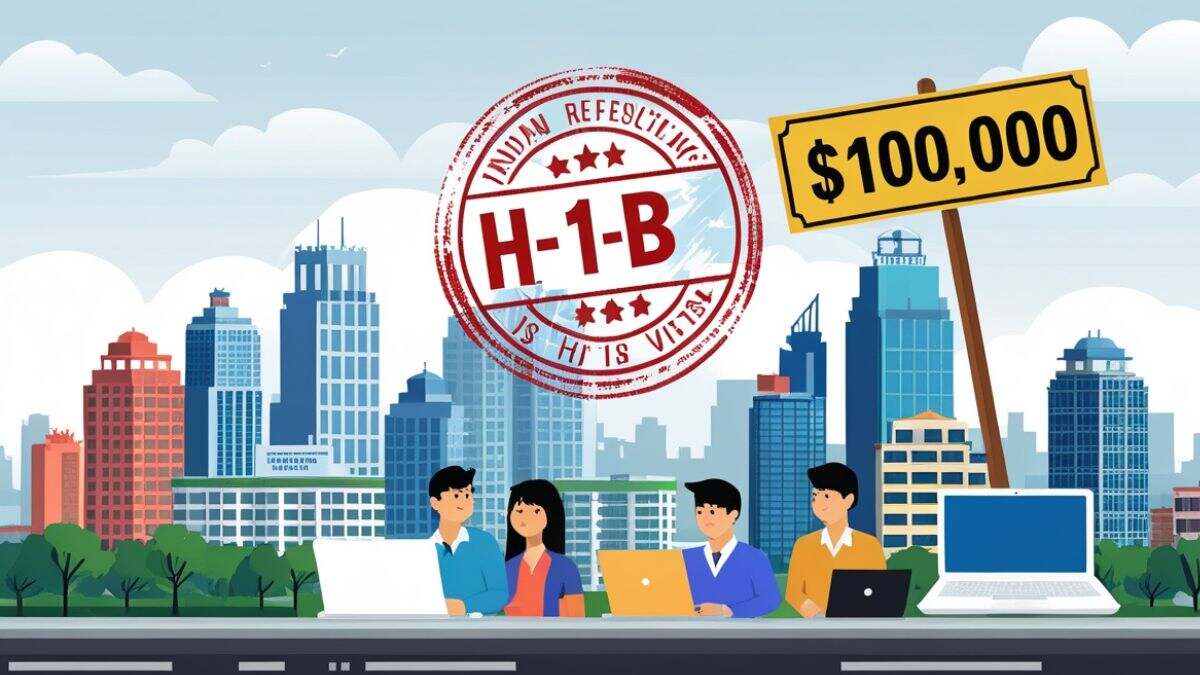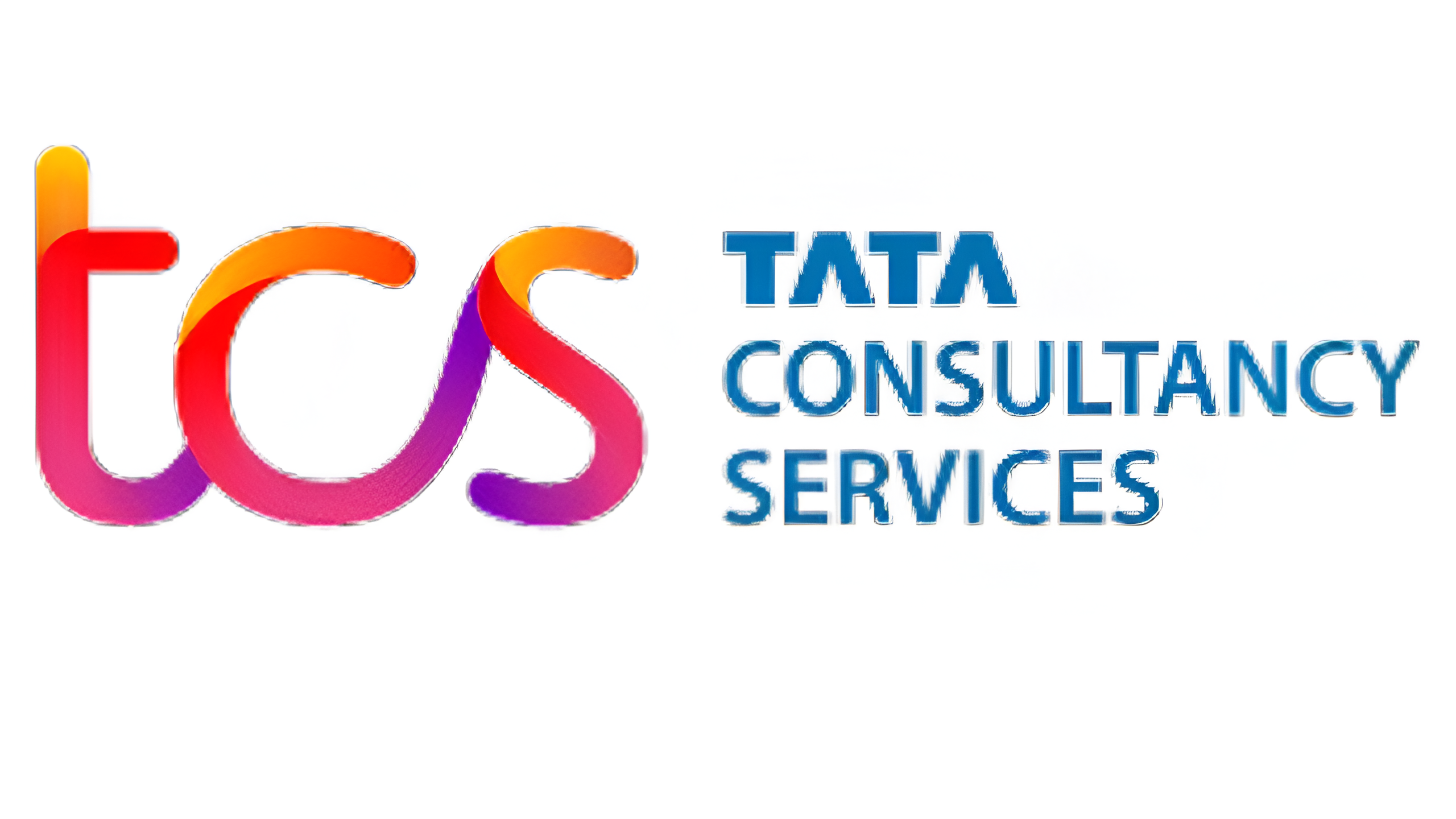According to analysts, a more stable environment, transaction ramp-ups, greater utilization, and better project execution will all contribute to an overall stronger growth recovery for IT businesses in H2FY26 as compared to H1FY26.
For Indian IT, the September quarter has been a double whammy, with the sector vacillating between the announcement on H-1B visa applications and the pressures of US President Trump’s tariffs on sectors and sluggish worldwide demand.
Here are the top five things to look out for as Tata Consultancy Services (TCS), the biggest software exporter in India, prepares to announce its second interim dividend for FY26 and set the tone for the Q2 earnings season on October 9.
Growth in IT Revenue
There will not be any shocks or fireworks from TCS in Q2FY26, as brokerages predict revenue growth of about 0.2-1 percent sequentially in constant currency terms, powered by a one percent gain in overseas business and a flat business in India.
Within their preview note, Centrum analysts said, “We anticipate cc revenue growth of 1.0% QoQ, driven by BFSI and Hitech sectors, backed by low base of Q1FY26.”
“A more stable environment, transaction ramp ups, higher utilisation, and better project execution will enable a stronger growth rebound in H2FY26 compared to H1FY26,” according to analysts at Axis Direct.
According to analysts at Motilal Oswal Financial Services (MOFSL), TCS’ enlarged project with BSNL, which was announced in May, is probably going to pick up speed starting in Q3.
Outlook for Demand
The $640 million contract with the Scandinavian non-life insurance provider Tryg is one of the significant deals that TCS reported closing in the September quarter.
While manufacturing, automotive, communications, and retail have remained poor, analysts predict that discretionary tech expenditure in the BFSI and technology sectors has seen some upswing.
“Clients continue to exercise caution, which causes decision-making to take longer. Accelerating recently signed deals—mostly those involving vendor consolidation and cost optimization—is the main goal. Analysts at Centrum predicted that the use of AI technologies will increase revenue per employee, boosting total productivity.
With the biggest order book among the top five Indian IT companies, TCS’ remark on demand expectations will propel the sector’s narrative ahead.
With Trump tariffs overshadowing US customers’ IT spending, the IT industry has been struggling with macroeconomic uncertainty.
Margin Impact and Wage Increases
According to brokerage notes, TCS’ operational margins will either stay the same at 24.5 percent or drop by around 20 basis points over time. The salary increases implemented in Q2FY26, increased investments, restructuring expenses, and decreased utilization will be the main drivers of this, according to experts.
In a recent report, analysts at MOFSL said, “We think pyramid and productivity increases remain major drivers, but price pressure, client behavior, and the GenAI transition suggest a start of realignment as providers alter pricing and delivery models.”
As the business moves through more significant layoffs and initiatives like BSNL start to get up steam, the management’s analysis of operating margins for the second half of the year will be quite important.
Commentary on H-1B Visas

Although it still holds a significant portion of the H-1B visas awarded to elite IT companies, TCS has previously said that it has decreased its reliance on US H-1B visas to less than 50% for outsourcing talent in North America over the years.
The current suggested modifications return attention to TCS’s strategy for dealing with the tighter visa requirements and the potential effect on margins of hiring more domestically. North America accounts for about half of TCS’s total revenue.
Layoffs and Their Effect on Attrition
With intentions to reduce staff by 2% in FY26, TCS is now undergoing its largest personnel reform. Redundancies in skills and the incapacity to redeploy specific associate levels have been the basis for the job losses.
In Q2 and beyond, everyone will be watching for updates on these layoffs and how they are affecting the company’s attrition rate. Additionally, TCS is providing severance benefits to the affected workers, which may result in higher expenses.

